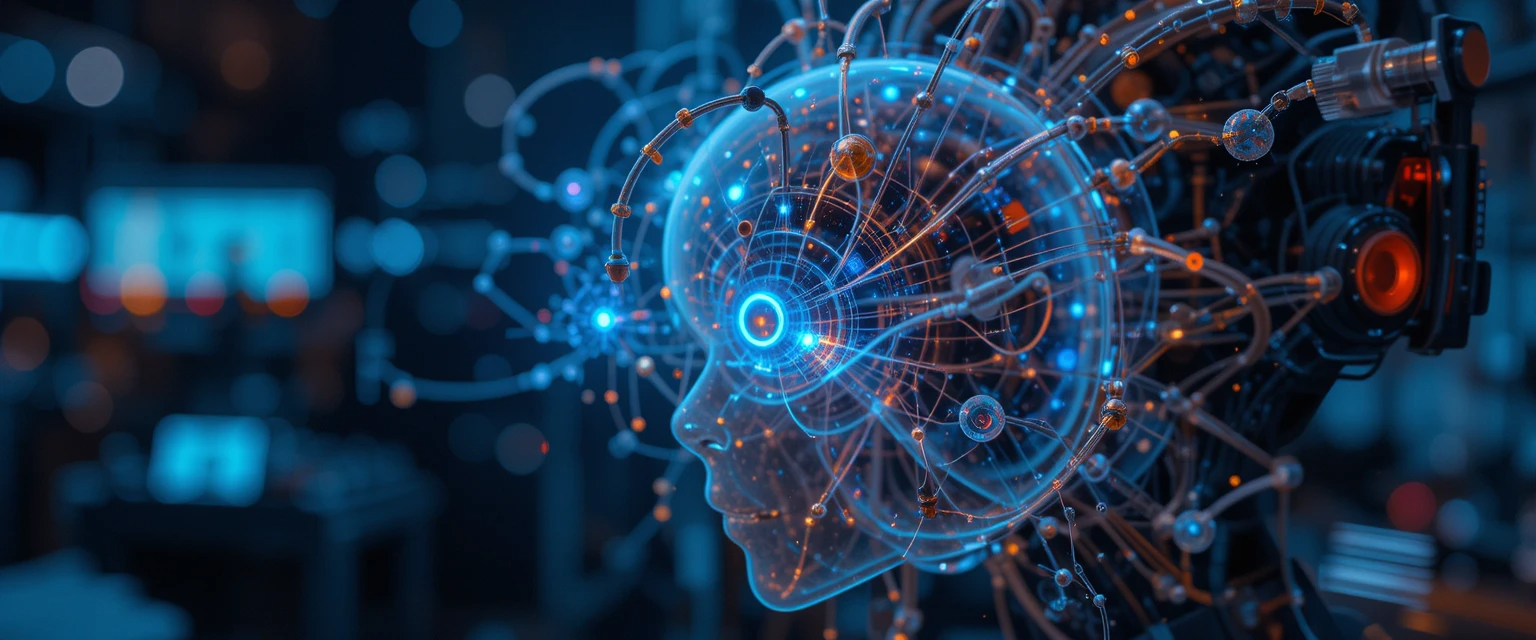The Evolution and Impact of Artificial Intelligence

Artificial Intelligence (AI) has become one of the most influential technological advancements of the 21st century. From simple automation to complex decision-making systems, AI has reshaped industries, transformed daily life, and sparked ethical debates about its implications. This article explores the evolution, applications, benefits, challenges, and future of AI.
The Evolution of AI
The concept of AI dates back to ancient times when philosophers and mathematicians dreamed of creating mechanical beings capable of reasoning. However, the modern development of AI began in the 20th century:
- 1950s-1960s: The term "Artificial Intelligence" was coined in 1956 at the Dartmouth Conference. Early AI research focused on symbolic reasoning and problem-solving.
- 1970s-1980s: AI faced setbacks due to limited computing power and funding, leading to the first "AI winter."
- 1990s-2000s: Machine learning gained prominence, fueled by improved algorithms and data availability.
- 2010s-Present: Deep learning, neural networks, and big data have propelled AI to new heights, enabling breakthroughs in natural language processing (NLP), robotics, and autonomous systems.
Applications of AI
AI is now integrated into numerous fields, enhancing efficiency and innovation. Some key applications include:
- Healthcare: AI assists in diagnosing diseases, personalizing treatments, and managing healthcare data. AI-powered robots perform surgeries with precision, and predictive analytics help detect diseases early.
- Finance: AI automates trading, detects fraud, and improves customer service through chatbots. AI-driven algorithms analyze vast amounts of financial data to guide investment decisions.
- Education: Personalized learning platforms use AI to tailor educational content to individual students, improving engagement and outcomes.
- Transportation: Autonomous vehicles, AI-powered traffic management, and logistics optimization are revolutionizing the way people and goods move.
- Retail and E-commerce: AI enhances customer experiences by providing personalized recommendations, optimizing supply chains, and improving inventory management.
- Entertainment: AI is used in content recommendation systems, video game development, and even music and film production.
Benefits of AI
AI offers numerous advantages, including:
- Increased Efficiency: AI automates repetitive tasks, reducing human error and improving productivity.
- Enhanced Decision-Making: AI analyzes large datasets quickly, helping businesses and governments make informed decisions.
- Innovation and Creativity: AI-powered tools assist in creative endeavors such as art, writing, and scientific discoveries.
- Improved Healthcare: AI aids in medical diagnosis, drug discovery, and patient monitoring, leading to better healthcare outcomes.
- Economic Growth: AI-driven automation boosts productivity, creating new job opportunities and industries.
Challenges and Ethical Concerns
Despite its benefits, AI presents several challenges:
- Bias and Fairness: AI systems can inherit biases from training data, leading to unfair outcomes in hiring, lending, and law enforcement.
- Job Displacement: Automation threatens traditional jobs, raising concerns about workforce displacement and economic inequality.
- Privacy and Security: AI-driven surveillance and data collection raise concerns about individual privacy and potential misuse.
- Autonomous Weapons: AI in military applications raises ethical questions about decision-making in combat situations.
- Lack of Transparency: Some AI models, especially deep learning, operate as "black boxes," making it difficult to understand their decision-making processes.
The Future of AI
AI is expected to continue advancing, with significant developments in:
- General AI: Unlike narrow AI, which is task-specific, general AI aims to perform any intellectual task a human can do.
- Quantum Computing: AI combined with quantum computing could solve complex problems far beyond current capabilities.
- Human-AI Collaboration: AI will increasingly work alongside humans, enhancing creativity, decision-making, and problem-solving.
- Ethical AI: Efforts are being made to create transparent, fair, and accountable AI systems.
- AI Governance: Governments and organizations are developing policies to regulate AI’s impact on society.
Artificial Intelligence is transforming the world in unprecedented ways, offering immense potential while posing significant challenges. As AI continues to evolve, it is crucial to ensure its ethical development and use. With responsible innovation and regulation, AI can enhance human capabilities and shape a more efficient, equitable, and technologically advanced future.
- Adult
- Art
- Causes
- Crafts
- Dance
- Drinks
- Film
- Fitness
- Food
- Games
- Gardening
- Health
- Home
- Literature
- Music
- Networking
- Other
- Party
- Religion
- Shopping
- Sports
- Theater
- Wellness

